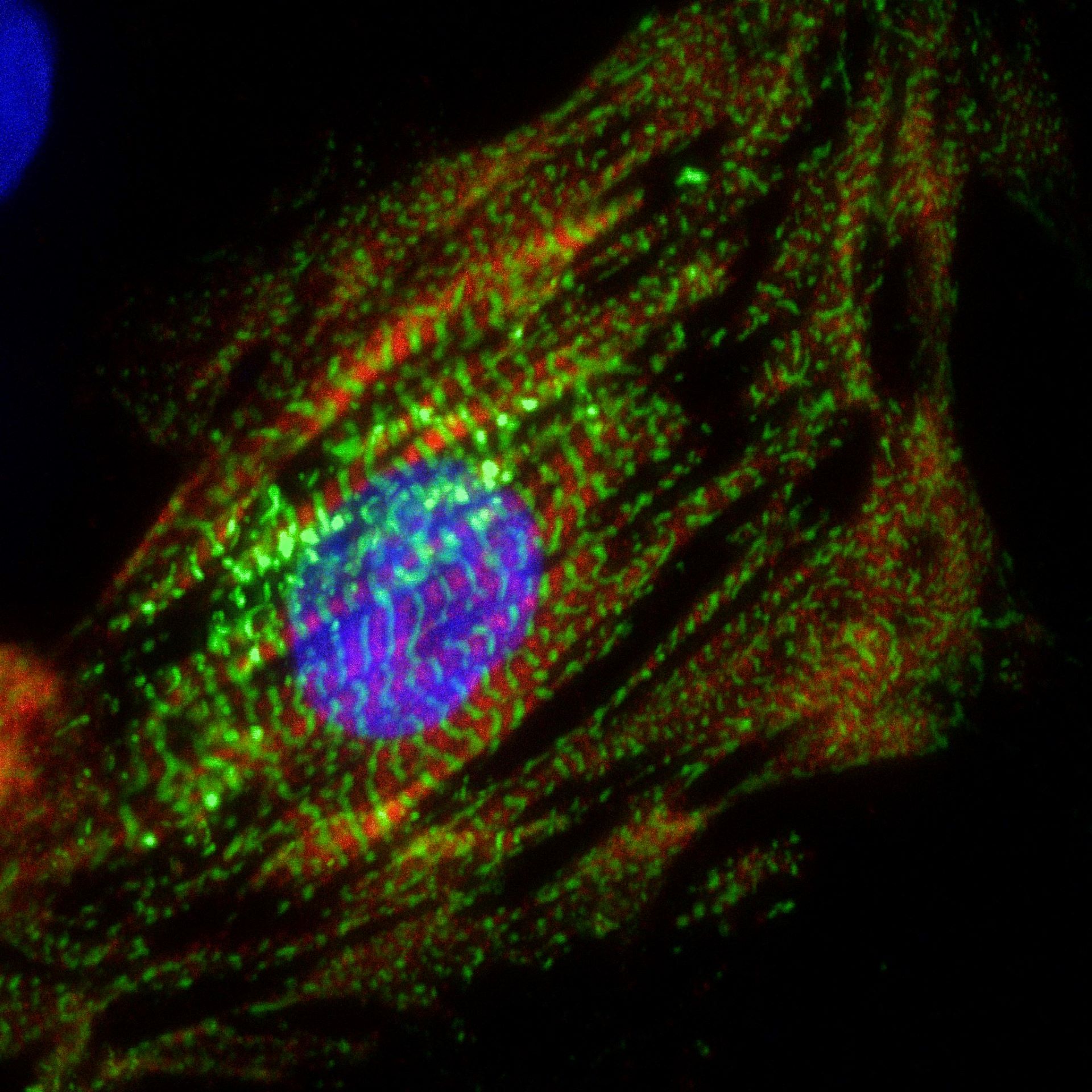
The US National Institutes of Health (NIH) scientists have identified a four-part small-molecule cocktail that can provide protection to induced pluripotent stem cells (iPSCs) from stress and preserve regular stem cell structure and function.
Named CEPT, the cocktail could improve the possible therapeutic uses of stem cells for various purposes from treating diseases including diabetes, Parkinson’s disease and spinal cord injury and to genome editing, the team noted.

Discover B2B Marketing That Performs
Combine business intelligence and editorial excellence to reach engaged professionals across 36 leading media platforms.
Stem cells are sensitive and their possible uses in medicine are hindered by the stress of cultivating in a cell culture dish, which can destruct their DNA and cause the death of the cell.
Theoretically, human pluripotent stem cells can grow forever and act as an infinite source for specialised cells, including brain, kidney and heart cells.
NIH National Center for Advancing Translational Sciences (NCATS) Stem Cell Translation Laboratory director Ilyas Singeç said: “The small-molecule cocktail is safeguarding cells and making stem cell use more predictable and efficient.
“In preventing cellular stress and DNA damage that typically occur, we’re avoiding cell death and improving the quality of surviving cells.

US Tariffs are shifting - will you react or anticipate?
Don’t let policy changes catch you off guard. Stay proactive with real-time data and expert analysis.
By GlobalData“The cocktail will become a broadly used staple of the stem cell field and boost stem cell applications in both research and the clinic.”
iPSCs are derived from reprogrammed skin or blood cells.
The researchers found a compound called Chroman 1 from NCATS’ collections, which was more effective than the Y‑27632 compound in enhancing cell survival.
They later found that an investigational drug, Emricasan, in combination with Chroman 1, could offer an extra boost to enhance stem cell viability.
A third compound called trans-ISRIB showed to boost cell survival even when few cells were present in each plate.
The team found in further experiments that a mixture of compounds called polyamines, along with Chroman 1, Emricasan and trans-ISRIB, have proven to be suitable for single-cell cloning.
On conducting experiments to analyse the effectiveness of the cocktail, the team found that CEPT enhanced the biobanking of stem cells, called cryopreservation, which consists of cell freezing and is usually very stressful for scientists.


